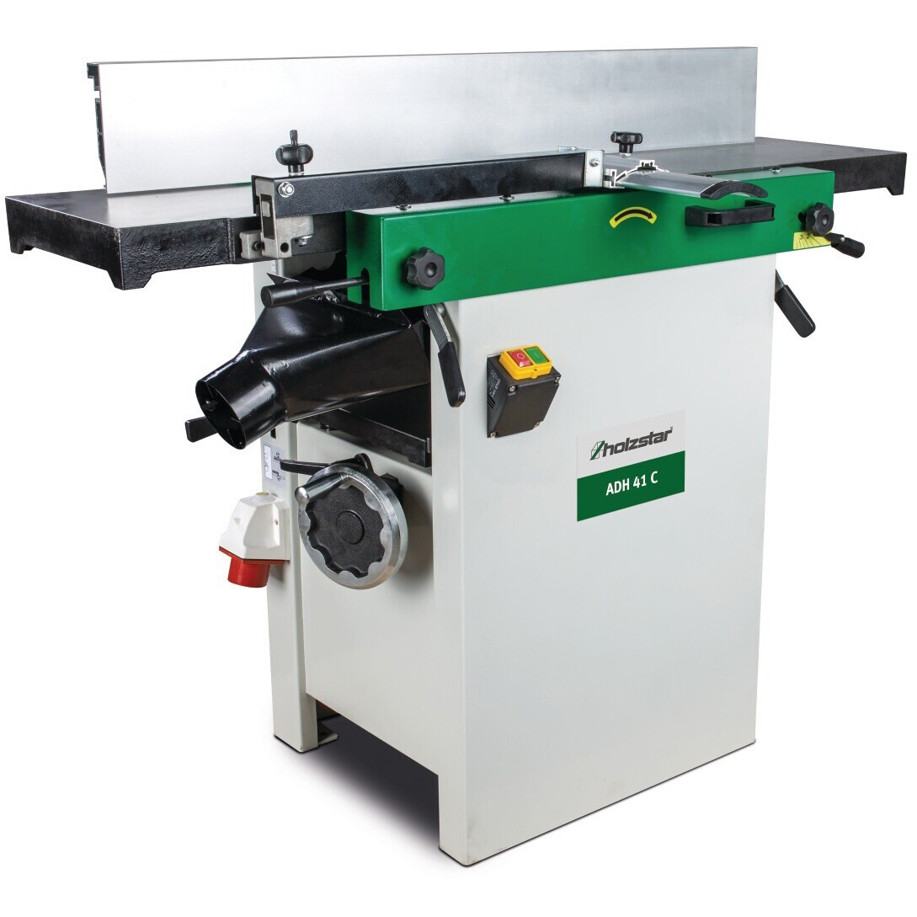Router Comparison: Choosing the Right Router for Your Needs
In a significantly digital world, having a dependable and efficient web connection is vital for both individual and professional activities. The foundation of any internet connection is the router, a device that directs network traffic and makes sure the stability of your online existence. With a countless number of routers readily available in the market, picking the right one can be a complicated job. This post intends to provide a detailed comparison of various routers, analyzing their features, performance, and viability for different requirements.
Comprehending Router Types
Before diving into the comparison, it's important to understand different router types available today:
- Single-band Routers: These routers run on one frequency band (2.4 GHz), making them ideal for basic web usage such as web browsing and e-mail.
- Dual-band Routers: Supporting both 2.4 GHz and 5GHz frequency bands, these routers offer greater flexibility and faster speeds, catering to a wider series of activities like streaming and video gaming.
- Tri-band Routers: Featuring one 2.4 GHz band and two 5GHz bands, these routers are ideal for high-traffic environments like big families or workplaces with several devices linked simultaneously.
- Fit Together Wi-Fi Systems: A network of nodes that supply seamless coverage throughout big locations. They are best for eliminating dead zones and making sure a steady connection in multi-story homes.
Key Router Features
When comparing routers, numerous vital features must be considered:
- Speed: Measured in Mbps (Megabits per second), router speed identifies how quickly information can be transferred. Try to find routers that offer higher speed specs for better performance.
- Variety: The coverage area is important. trivox-versand must provide adequate range to cover your entire living space.
- Security Features: Look for routers with advanced security protocols (WPA3), integrated firewall programs, and malware defense to secure your network.
- Variety of Ports: Consider how lots of gadgets you wish to link straight. More Ethernet ports can offer much faster connections for desktops or video gaming consoles.
- User Interface and Management: A friendly user interface can make setting up and managing your router easier, while mobile apps can improve ease of usage.
Router Comparison Table
To facilitate an informed decision, here's a comparison of some popular routers across numerous functions:
| Router Model | Type | Speed (Mbps) | Range | Security Features | Price (Approx.) |
|---|---|---|---|---|---|
| TP-Link Archer A7 | Dual-band | 1750 | 2,500 sq feet | WPA2, Guest Network | ₤ 60 |
| Netgear Nighthawk AX12 | Tri-band | 4804 | 3,500 sq ft | WPA3, Smart Connect | ₤ 500 |
| ASUS RT-AX88U | Dual-band | 6000 | 3,000 sq ft | WPA3, AiProtection | ₤ 300 |
| Google Nest Wi-Fi | Mesh | 2200 | 4,400 sq feet | WPA3, Regular Updates | ₤ 270 |
| Linksys EA8300 | Tri-band | 4000 | 3,000 sq ft | WPA2, Guest Access | ₤ 250 |
Benefits and drawbacks of Different Router Types
Single-band Routers
Pros:
- Generally more inexpensive.
- Simpleness in setup and use.
Cons:
- Limited to basic tasks.
- Blockage in crowded areas can lead to bad performance.
Dual-band Routers
Pros:
- Better speed and decreased disturbance.
- Ideal for moderate video gaming and streaming.
Cons:
- Can become overloaded in high-traffic locations.
Tri-band Routers
Pros:
- Optimal for big families or offices with numerous gadgets.
- Outstanding performance for video gaming and heavy media intake.
Cons:
- Higher price point.
- May be more complex to configure.
Mesh Wi-Fi Systems
Pros:
- Eliminates dead zones and offers smooth coverage.
- Scalable; easily include nodes to expand coverage.
Cons:
- Generally more pricey.
- Can need more preliminary setup.
Often Asked Questions (FAQs)
1. What speed do I require in a router?
Figuring out the speed you require depends upon your web use. For casual surfing and emailing, speeds of 25-50 Mbps are adequate. For streaming HD videos and online gaming, go for 100 Mbps or greater.
2. Is a tri-band router worth the price?
For households with numerous devices or a high demand for synchronised connections, a tri-band router can considerably improve efficiency and connection, making it worth the financial investment.
3. What is the difference in between Wi-Fi 5 and Wi-Fi 6?
Wi-Fi 6 (802.11 ax) uses enhanced speeds, much better performance, and improved capability for numerous devices over Wi-Fi 5 (802.11 ac). If you have lots of gadgets or require the most recent technology, WI-Fi 6 is a robust option.
4. Can I use a router with my existing modem?
Yes, numerous routers are compatible with existing modems. Make sure that your modem and router can work together by inspecting their specifications.
5. How frequently should I change my router?
Typically, routers need to be replaced every 3-5 years, or whenever your web speed requirements increase or you experience bad connection consistently.
Picking the ideal router is an essential choice that can considerably influence your online experience. By assessing your requirements-- whether it's for daily surfing, gaming, or handling a clever home-- users can narrow down the options from single-band, dual-band, tri-band, to mesh systems. Depending on personal requirements, such as budget plan, speed, and protection, the best router can greatly enhance connectivity and user satisfaction. With the information provided in this post, readers are fully equipped to make an informed decision on the router that best matches their requirements.

